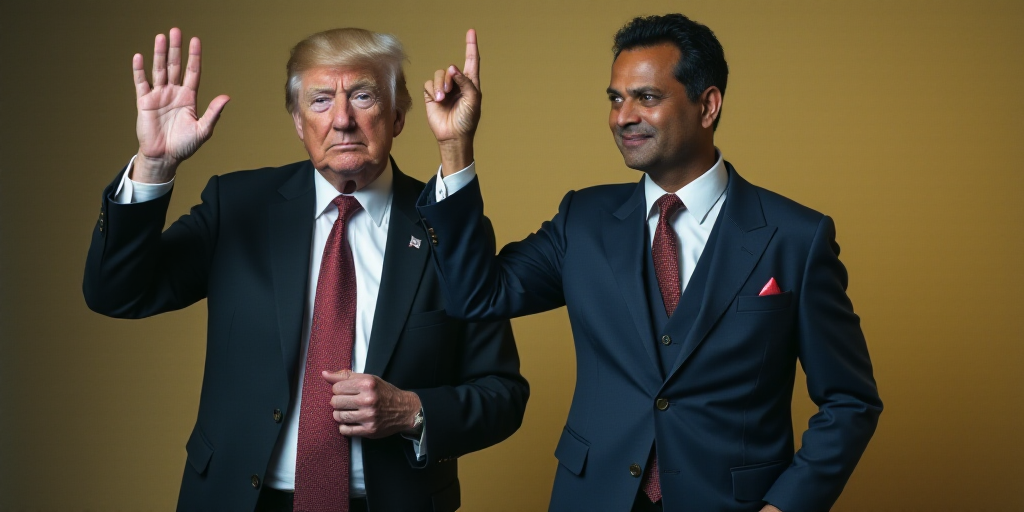Background on Key Figures and Context
The administration of President Donald Trump asserts it has the legal justification for lethal attacks in the Caribbean, sparking debates among experts in Washington about whether this could foreshadow more significant actions against Venezuela. The U.S. Constitution stipulates that only Congress holds the power to declare war.
Nicolás Maduro, the embattled Venezuelan leader, has been accused in U.S. courts by Attorney General Pam Bondi, who declined to confirm the existence of a Justice Department memorandum justifying CIA involvement in operations against Maduro’s regime. This scenario could potentially push U.S.-Latin American relations back to historical lows.
Legal and Political Considerations
Some U.S. lawmakers express doubts about the legality of attacks on drug trafficking boats. Evan Ellis, a Latin America researcher at the U.S. Army War College, estimates there’s a 50% chance of an attack, suggesting that if the situation doesn’t resolve by November or December, there might be a decision to use credible intelligence and bring Maduro to justice.
The U.S. has deployed F-35 fighter jets to Puerto Rico, which have flown near Venezuelan coasts. These actions, along with the presence of destroyers and mixed forces in the Caribbean, hint at an imminent escalation according to Ellis.
“I believe President Trump’s patience with Maduro’s regime has worn thin,” explains an ex-high-ranking official from Trump’s first presidential term.
Maduro attempted to initiate dialogue with Trump through a letter, but the White House dismissed it. Trump has publicly stated that discussions revolve around Venezuela’s unusual election rather than regime change.
Potential Impact on Maduro’s Regime
The role of Special Envoy Richard Grenell remains uncertain as diplomatic sources remain tight-lipped. Former Undersecretary Frank Mora, who served under President Barack Obama’s first term, suggests that attacking drug trafficking targets in Venezuela is a possibility. However, he questions whether the Trump administration has clearly defined objectives.
“On one hand, they say they aim to dismantle drug trafficking; on the other, there’s hope that such actions might lead to Maduro’s regime collapse,” Mora explains.
Trump has maintained that regime change is not the objective, focusing instead on Venezuela’s peculiar election. Meanwhile, Chevron has been authorized to resume operations in Venezuela, a move that could complicate any potential military escalation.
Key Questions and Answers
- Q: What legal basis does the Trump administration claim for potential actions in Venezuela?
- Q: How has the U.S. justified involvement of agencies like the CIA in operations against Maduro’s regime?
- Q: What are the chances of a U.S. attack on Venezuela?
- Q: What are the potential consequences of U.S. military actions in Venezuela?
- Q: How has Maduro’s regime responded to U.S. pressure?
A: The Trump administration asserts it has the necessary legal justification for lethal attacks in the Caribbean, although this contradicts the U.S. Constitution, which states that only Congress can declare war.
A: A Justice Department memorandum reportedly justifies CIA involvement in operations against Maduro, which could strain U.S.-Latin American relations.
A: Evan Ellis, a Latin America researcher, estimates there’s a 50% probability of an attack if the situation doesn’t resolve by late fall.
A: Military actions, such as deploying F-35 jets near Venezuelan coasts and positioning destroyers in the Caribbean, could escalate tensions and potentially lead to regime change.
A: Maduro has attempted to initiate dialogue with Trump, but his letter was dismissed. Meanwhile, Chevron has been authorized to resume operations in Venezuela.






